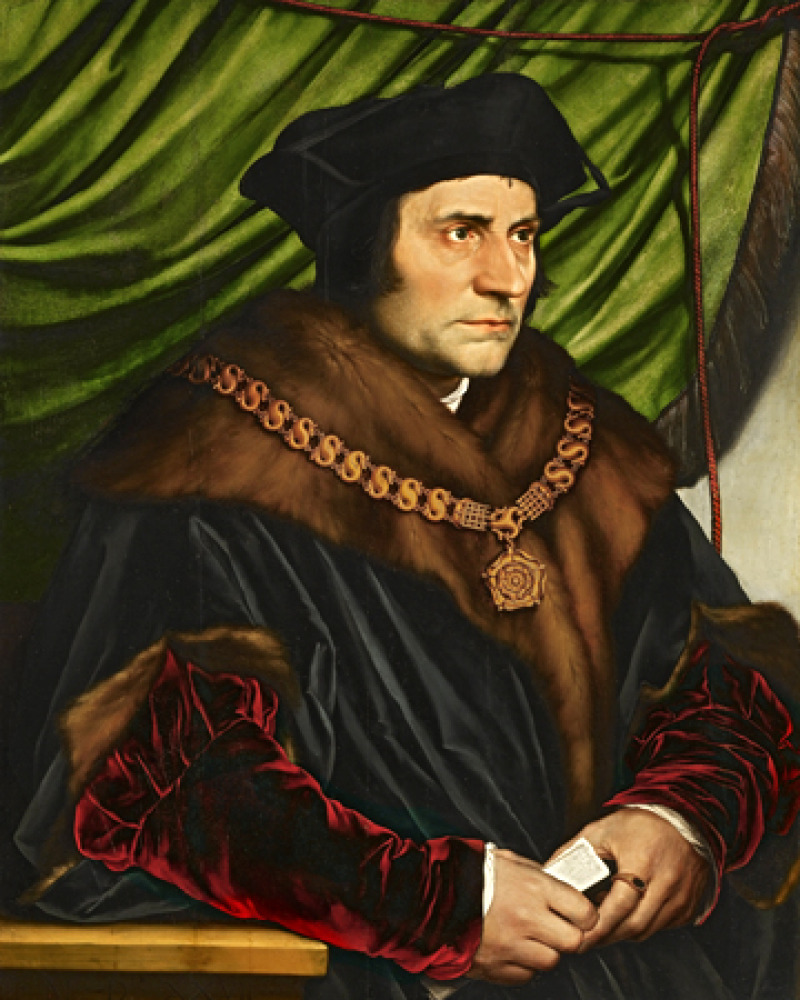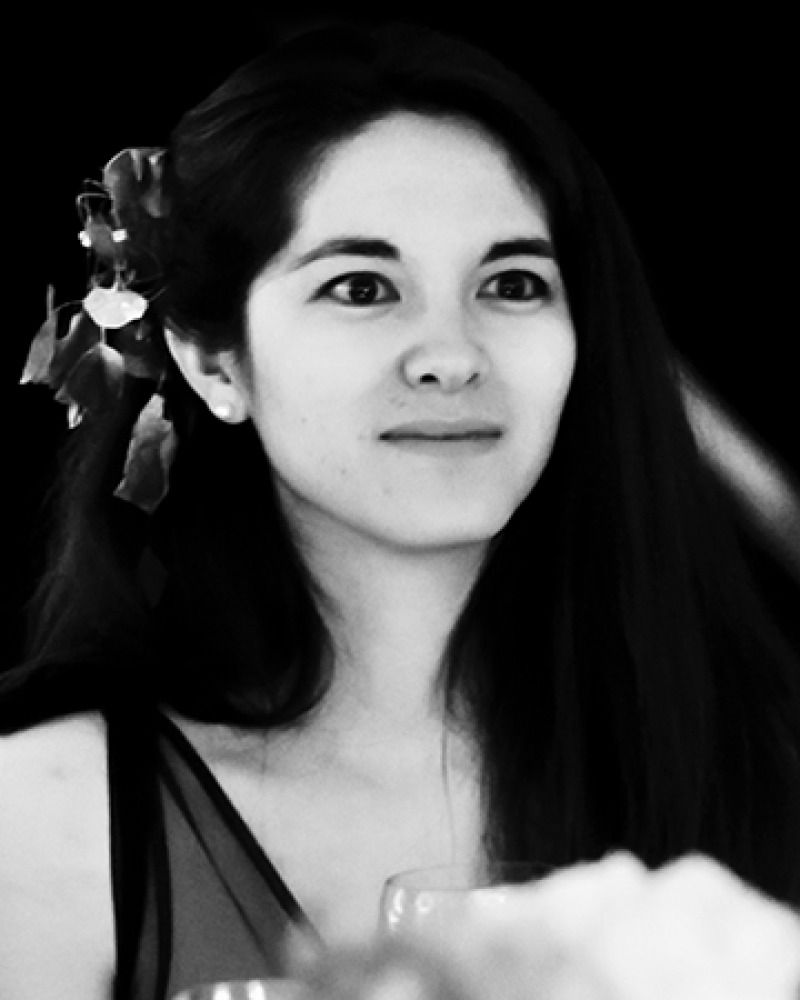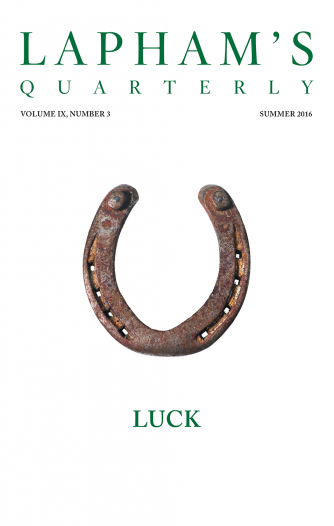
Thomas More
Utopia,
1516
Utopia,
Reason directs us to keep our minds as free from passion and as cheerful as we can, and that we should consider ourselves bound by the ties of goodness and humanity to use our utmost endeavors to promote the happiness of our fellow men. For never was there a man so morose and severe a pursuer of virtue, and so great an enemy to pleasure, as to lay down hard rules for men to undergo much pain, many watchings, and other rigors, and yet at the same time not to advise them to do all in their power to relieve the miserable, and who did not represent gentleness and good nature as amiable dispositions. Thence they infer that if a man ought to advance the welfare and comfort of the rest of mankind—there being no virtue more kindred to our nature than to ease the miseries of others, to relieve them from trouble and anxiety, and to furnish them with the comforts of life, in which true pleasure consists—nature will more strongly incline him to do all this for himself. A life of pleasure is either a real evil—and in that case, we ought not to aid others in their pursuit of it, but on the contrary, to deter them from it all we can, as from a thing most hurtful and deadly—or if it is a good thing, so that we not only may but ought to help others to it, why then ought not a man to begin with himself?

